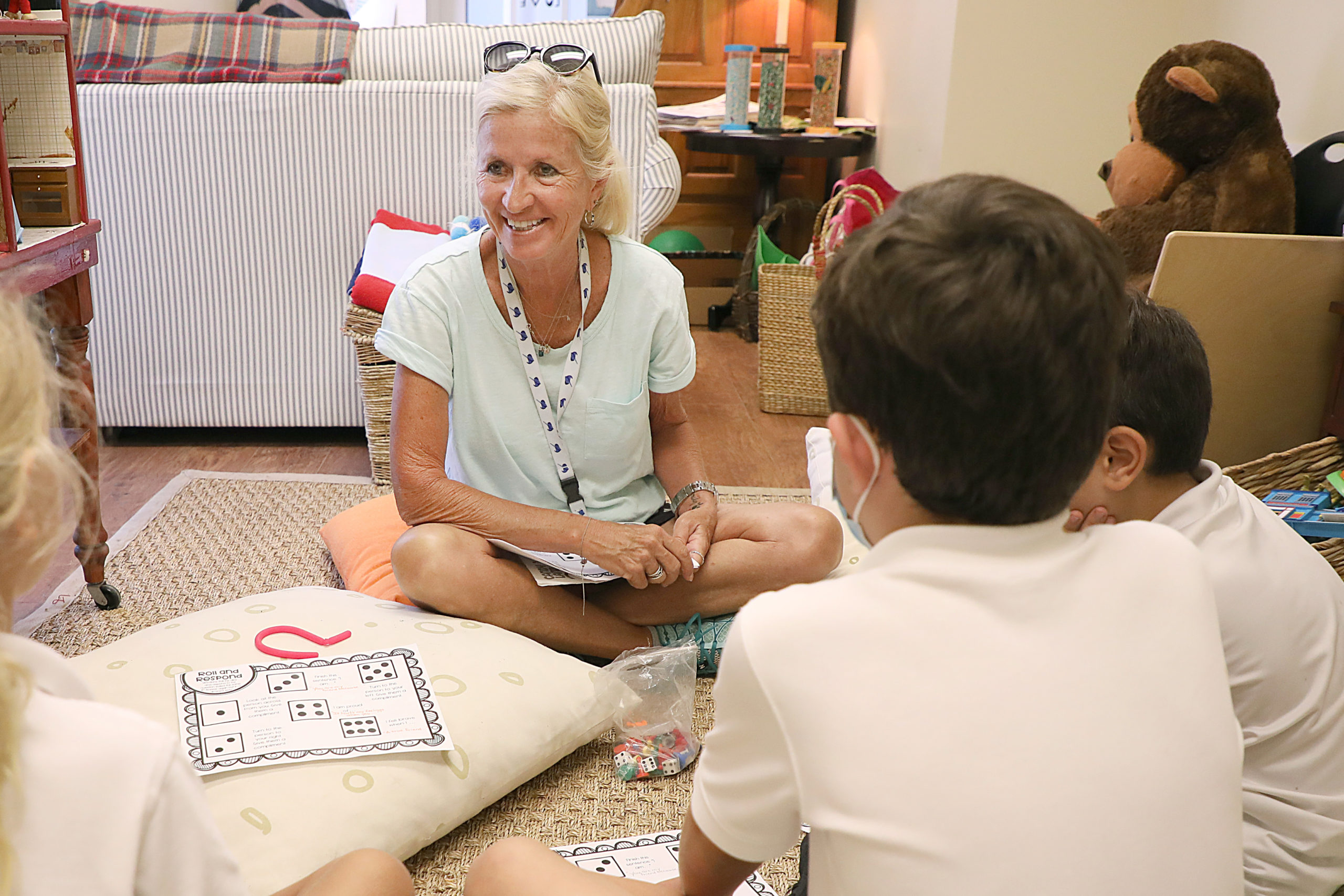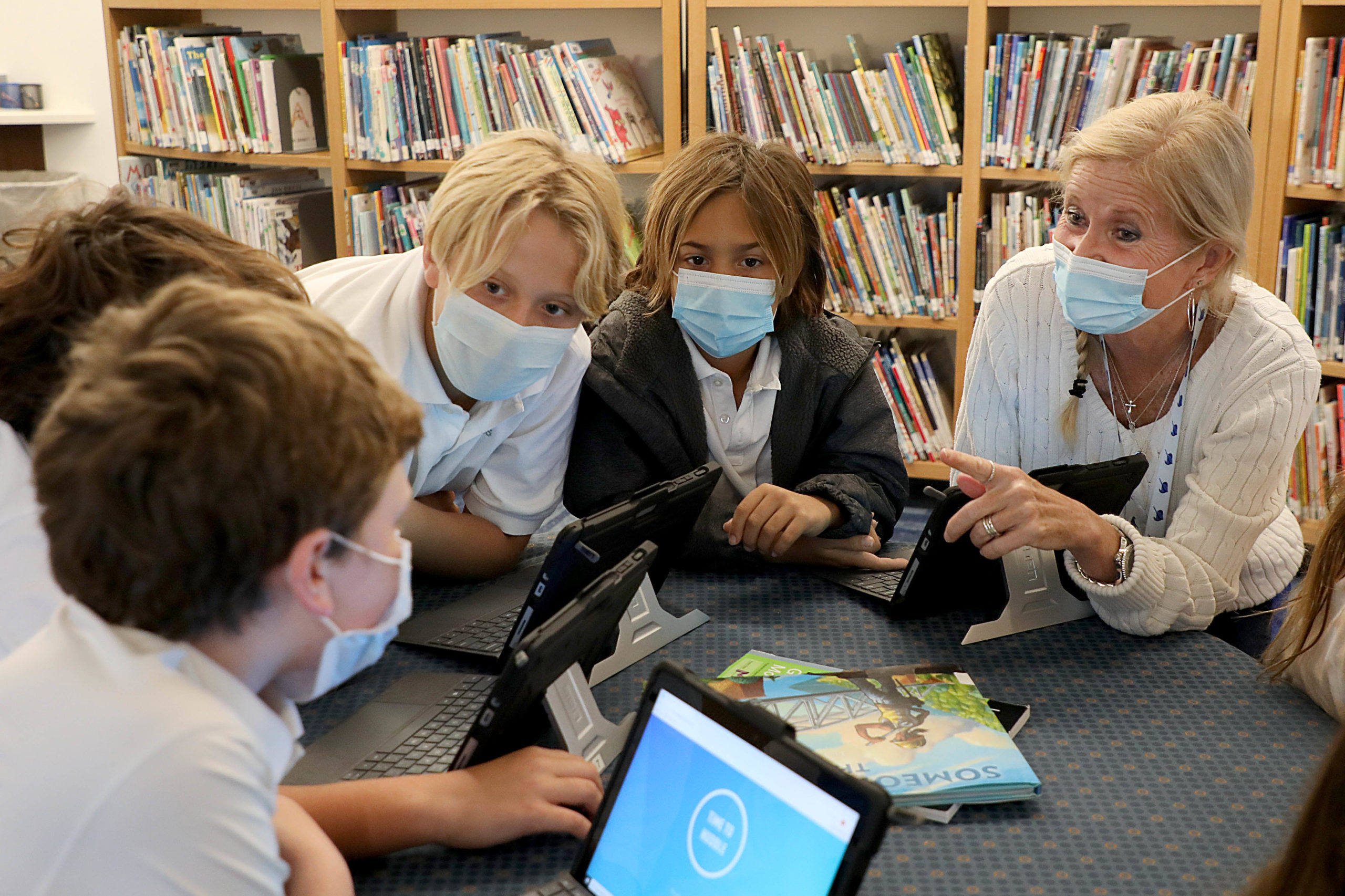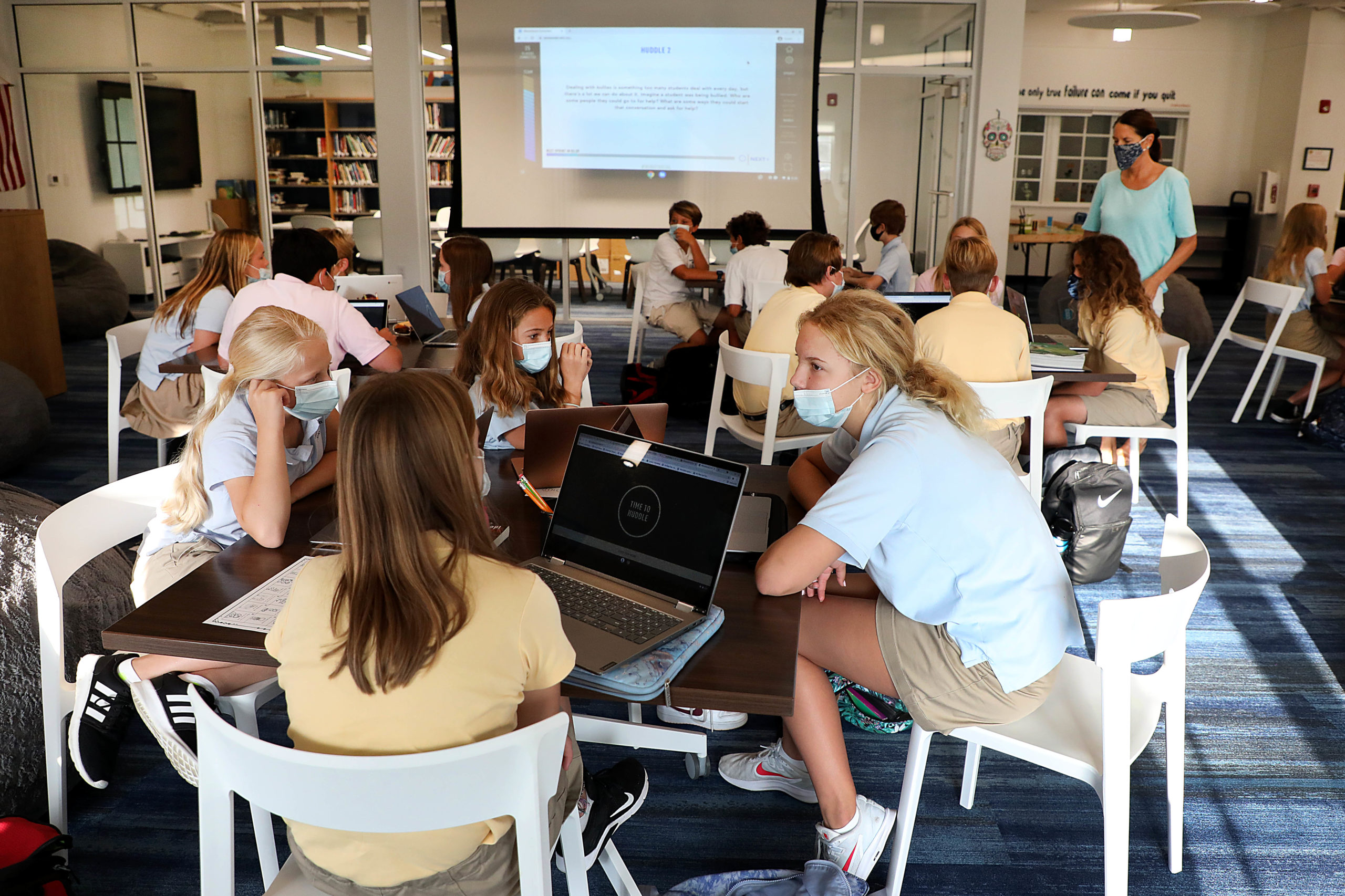
The Many Faces of Counseling
May is National Mental Health Awareness Month
Now, more than ever, we are aware that our mental well-being is a vital part of our overall health. It is critical for us all to be aware of our mental health and we must be able to have conversations about it. All Americans should know how to maintain mental well-being, how to recognize warning signs in ourselves and others, and how to seek help. Since we now acknowledge that one’s mental health is always changing, it is necessary to teach these basic skills in schools to help provide a foundation for everyone. At Gulf Stream School, we recognize the whole child. We believe it is important to develop all facets of a child, and this includes character and mental health.
Historically, there is a negative connotation attached to the word “counseling”. When you mention counseling, many people immediately assume that a child is in crisis or misbehaving. The word “help” even becomes negative in this context. At Gulf Stream School, this has never been the vision of the counseling program. We have a proactive program that provides our students with life skills and social skills that will give our students a leg up as they meet new people and face new situations. Counseling is completely separate from disciplining.
How is Character Taught?
In our Pre-K and KG classes, I use a social-emotional learning and yoga program that I became certified in last summer called, Breathe for Change. Each lesson begins with breathing techniques; this is followed by a character lesson and accompanied by yoga moves, and we end with a short meditation. PK and KG students also participate in individual and small group counseling.
What is Taught in the Other Grades?
In first through 4th grade, the students have 8-10 weeks of classroom guidance. I go to each classroom and teach age-appropriate lessons on a selected theme. Some examples include; emotions, manners, friendships, character, bullying, peer relations, anger, sportsmanship, self-esteem, differences, and more. All lessons are taught in a social-emotional learning type style.

Ms. Anita engages in a conversation with students in Grade 4 during a TSI lesson in the Julien Arts and Innovation Center.
Fourth grade is in a unique position because, in addition to classroom guidance, they take part in our new social-emotional learning classes: TSI – The Social Institute. This program began this year and it addresses the social and emotional aspects of being a “tween”. There is a big emphasis on social media awareness and computer use since this is a huge temptation to children today. Students work in huddles to discuss topics that are trending. They vote for the most popular areas and compare their answers to the class, school, and the nation. The conversation is generated through up-to-date stories and topics.
So Students Meet in Classroom Groups… What else?
All students have the opportunity to have short-term individual counseling. Many Middle School students take the initiative to make their own appointments or take advantage of the open-door policy to drop in for conversation and problem solving throughout the day. This often involves peer relationships but could vary from academic concerns to emotional needs. Teachers make arrangements for a large group to participate in short-term classes addressing specific concerns on an as-needed basis. Classes may be necessary as a follow-up to a TSI lesson that requires more conversation or may address a topic brought to our attention by parents, students, or through social trends. Counseling is also available on Google Meet in the evenings and is often the most comfortable and best-suited way for Middle School students to fit a meeting into their schedule.

Students in Grade 7 in the Julien Arts and Innovation Center taking part in a TSI lesson.
Teachers tend to set up groups of students for small group counseling. These groups are usually working together toward a common goal. They consist of 4-6 students. Counselors may also meet with parents, as well as other people in therapeutic roles, for long-term support, teachers, and administrators for students’ success.
Counseling Counts
The counseling program supports the mission statement of helping our students, “develop moral courage, integrity, kindness, empathy, responsibility, courtesy, and respect for different backgrounds, talents, and interests.” Mental health care no longer carries a stigma. In fact, if you are not looking out for your mental health, or that of your friends and family, you should be! Mental health care is as common as dental care. So, next time you schedule an appointment to get your teeth cleaned, think about scheduling a nice talk with a therapist too.
By Anita Benson – Counselor, Director of Lower School Physical Education, ASP Director
ADDITIONAL RESOURCES
https://thesocialinstitute.com/
https://thesocialinstitute.com/parent-toolkit/
www.jedfoundation.org/mental-health-resource-center/